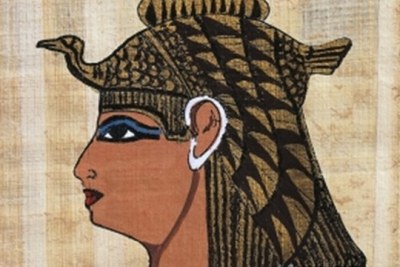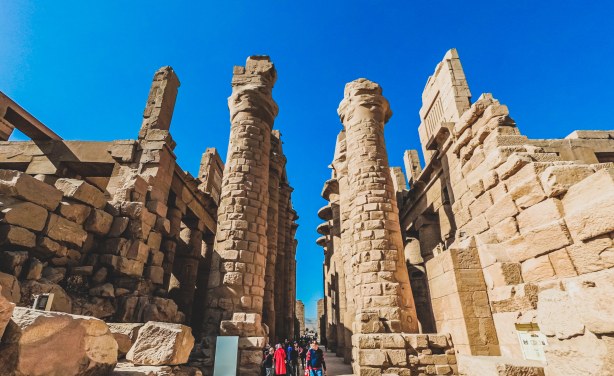-
Egypt: First Egyptian Pharaoh's Tomb Discovered Since King Tut's
VOA, 19 February 2025
Archaeologists in Egypt say they have unearthed the ancient tomb of King Thutmose II, the first discovery in 100 years of a tomb of an Egyptian royal. Read more »
First Egyptian Pharaoh's Tomb Discovered Found After 100 Years
Archaeologists in Egypt have unearthed the ancient tomb of King Thutmose II, marking the first discovery of a pharaonic royal tomb in over a century since Tutankhamun's tomb was found in 1922.
Located west of the Valley of the Kings near Luxor, the tomb of Thutmose II, an 18th Dynasty king and ancestor of Tutankhamun, dates back nearly 3,500 years. Initially mistaken for a queen's burial site, the tomb was identified through inscriptions referencing Thutmose II and his wife, Queen Hatshepsut, one of Egypt's few female rulers. The tomb was damaged by flooding shortly after the king's burial, however, some funerary furniture and plaster fragments with blue inscriptions from the Book of the Amduat were recovered.
Egypt's Ministry of Tourism and Antiquities has hailed the discovery as one of the most significant archaeological breakthroughs in years, potentially boosting tourism as the country prepares to open the Grand Egyptian Museum near the Giza pyramids.
InFocus
-
Cleopatra, the last monarch of the Ptolemaic dynasty in Egypt from 51-30 BC, is back in the news due to a controversial docudrama series on Netflix called Queen Cleopatra.
Read more » -
Award-winning actor and comedian Kevin Hart had been due to perform in Cairo on February 21, but the show was cancelled because of "local logistics issues". However, many ... Read more »
-
A 3,000-year-old sculpture of King Tutankhamun was auctioned off by Christie's for nearly U.S.$6 million, despite Egypt calling on the UK government to stop the sale. Egypt claimed ... Read more »





